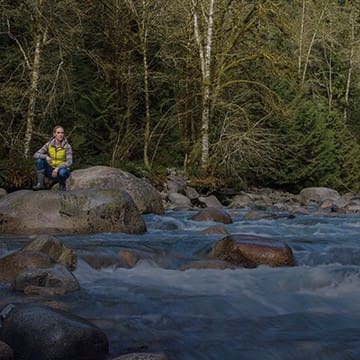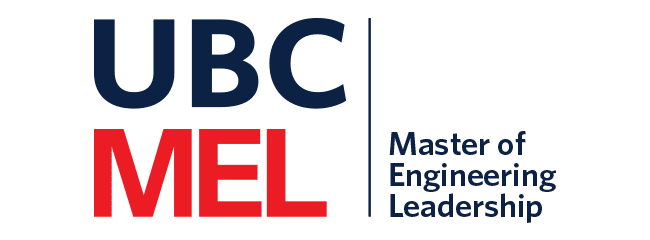The Acute Need for Water Management Professionals

Whether we are upgrading water and wastewater systems within cities, creating processes to allow for clean drinking water in rural and remote communities, or ensuring sustainable water use by industry, knowing how to manage water and water-related projects is essential to our health and well-being.
Yet there simply aren’t enough people to meet the growing demand for expertise in this area.
Challenges Within Water Infrastructure
In Metro Vancouver’s project delivery department, for example, there are currently over $20 billion in projects under way in water infrastructure planning, design and construction. Water infrastructure projects make up more than half of the organization’s capital portfolio – a number that is continuing to grow. These projects require significant support from both internal engineers and external engineering consultants who have the knowledge and skills to plan, design and oversee construction and commissioning.
On a provincial level, the BC government has identified a significant gap in its ability to deliver on infrastructure projects, including those related to water, due to a shortage of professionals.
Nationally, Infrastructure Canada has highlighted water infrastructure as one of their major concerns. Ensuring water and wastewater systems are clean and reliable will continue to be a challenge as our population grows and as we grapple with the effects of climate change that include extreme drought, floods and wildfires.
Rising Demand for Expertise in Integrated Water Management
When I speak to members of the advisory board for the Integrated Water Management program, I hear time and again of the difficulties they face finding people with the expertise to manage water issues. Environmental, social and governance performance is increasingly important in every industry – from mining and forestry to manufacturing and energy generation. Companies need professionals to help them develop and implement water management plans, and to monitor and report on performance to meet regulatory requirements and stakeholder expectations.
The name of our program – Integrated Water Management – speaks to our focus and curriculum design. We emphasize the importance of integrating knowledge of climate change, adaption strategies, good design, project management and implementation. Integrating First Nations perspectives is a high priority.
Technical courses offer an education on the fundamentals of water and waste treatment, water quality, fluid mechanics and hydrology, as well as courses that require students to apply that knowledge to systems planning and water infrastructure delivery.
Leaders in the water resource sector must also understand strategy, business, organizational leadership and sustainability. Students in the Integrated Water Management specialization take courses on these topics taught through leaders in their fields from UBC Sauder School of Business.
Empowering Future Leaders in Water Management
This interdisciplinary focus helps our graduates stand out. They are definitely in demand: our 2022 cohort were all quickly hired into management positions, and several of the 2023 cohort had job offers in place only halfway through the year. Our alumni are leading teams and projects in industry, consulting and in all levels of government.
If you’re someone who wants to make a difference, affect change and move to the next level of your career, this is the program for you.
We’re planning to grow this program to be a training hub for the water management professionals our communities, cities, industries and world so desperately need to ensure proper stewarship of this resource.
Integrated Water Management
Apply your technical and leadership skills in developing sustainable water management solutions.
Read MoreFeatured Faculty and Staff

DR. BARBARA LENCE
Application Deadlines
The online application portal for the January 2025 has closed.
Get ready to apply!
Admissions for the 2026 intake will open on January 1, 2025.
How to ApplyJoin us for an
Info Session
Sign up for our latest online information sessions and discover what our programs have to offer.
Sign Up NowIntegrated Water Management
Apply your technical and leadership skills in developing sustainable water management solutions.
Read MoreFeatured Alumni

Alice Kruchten
With five years of industry experience, Alice Kruchten was ready to enhance her technical and leadership skills and take on more complex projects in her environmental consulting work.

